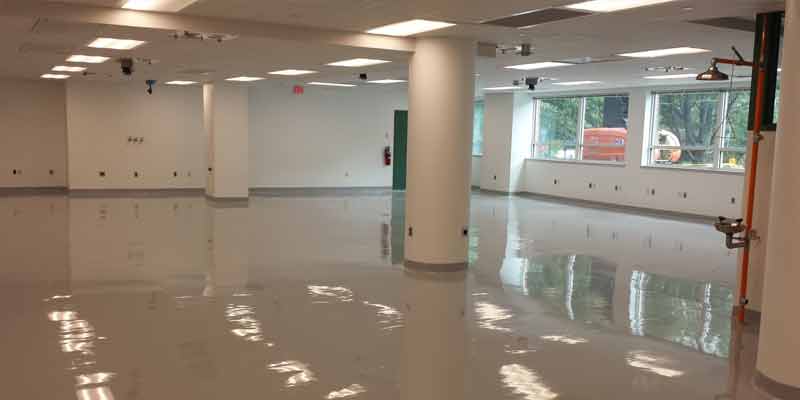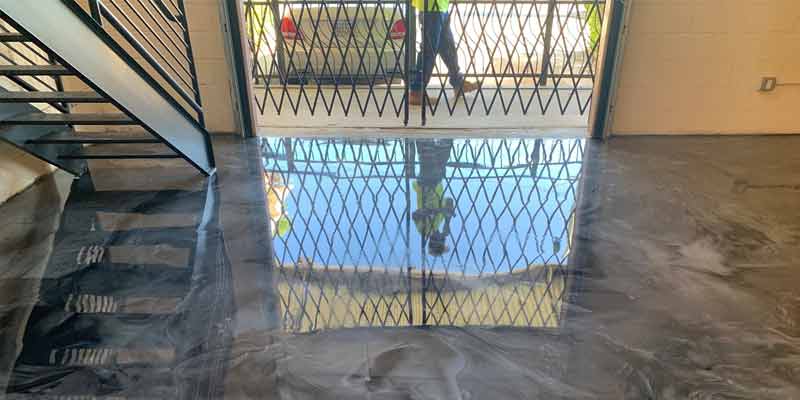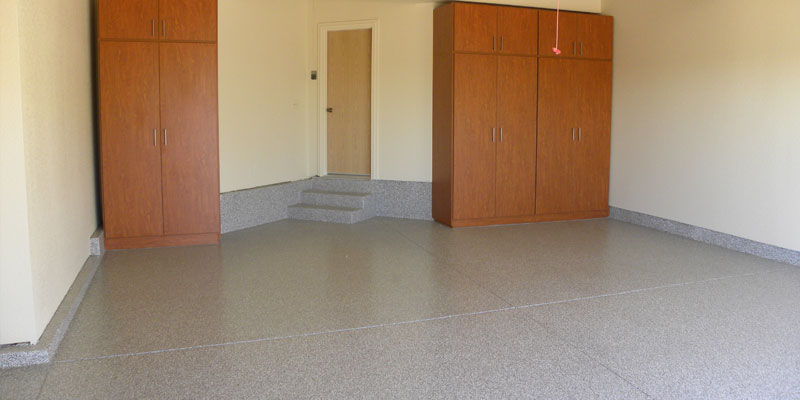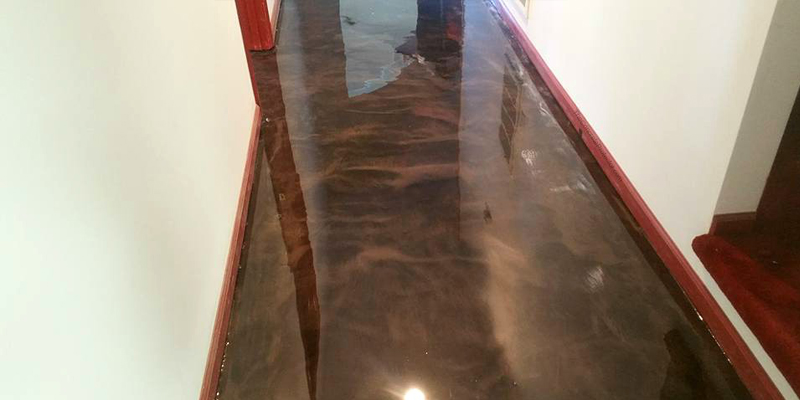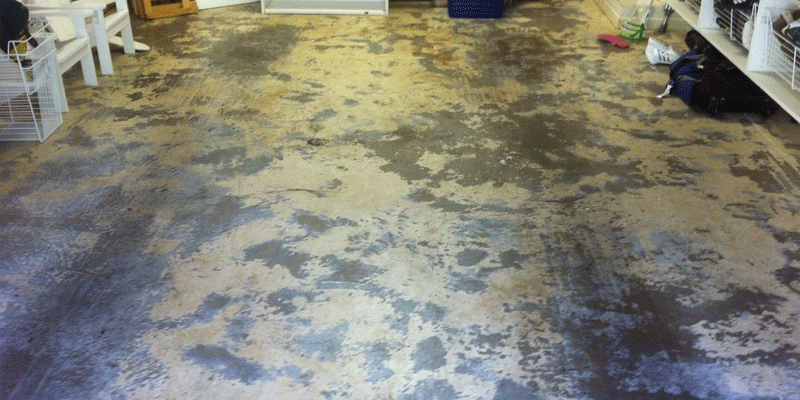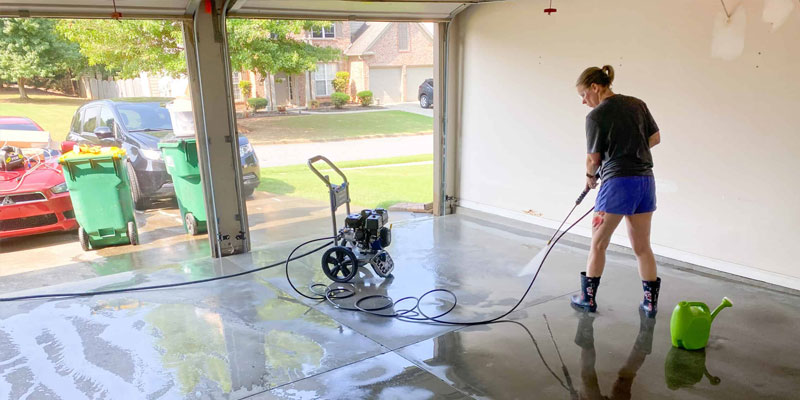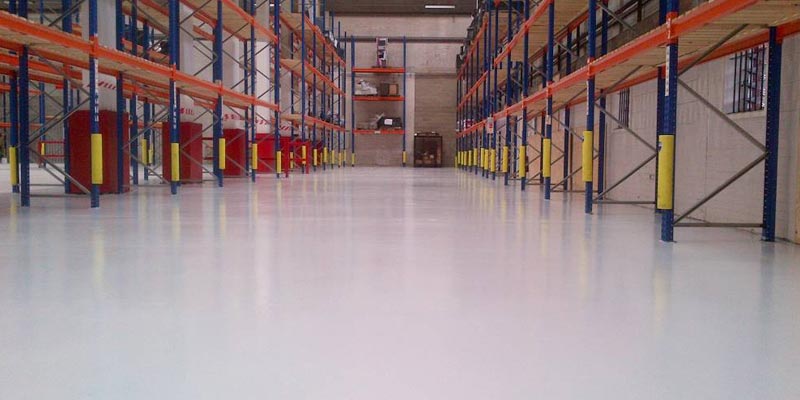Epoxy 101: Epoxy Floor Thickness Levels
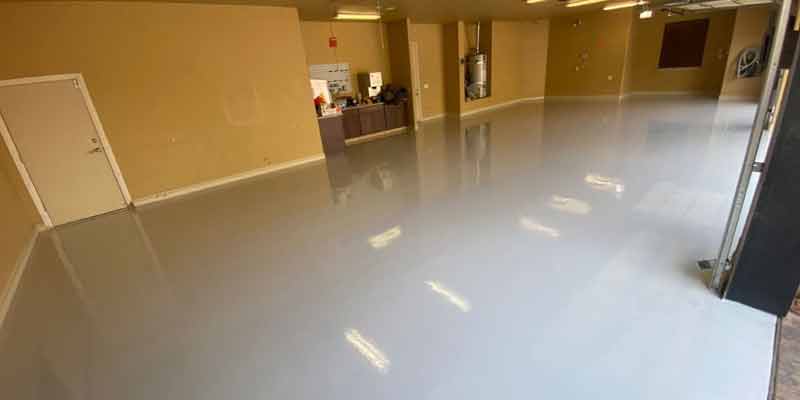
Are you considering epoxy flooring for your home or business? Epoxy is a great option for many people, but it’s important to know which thickness level is right for your needs. In this article, we’ll take a look at the different epoxy flooring thickness levels and what each one offers.
What is an Epoxy Floor?
Epoxy flooring is a type of floor coating that is made from epoxy resin. It is often used in commercial and industrial settings because it is durable and easy to maintain. Epoxy floors are also becoming more popular in residential settings because they are attractive and easy to clean.
There are two main types of epoxy flooring: thin-mil and thick-mil. Thin-mil epoxy flooring is typically between 1-2 mils thick, while thick-mil epoxy flooring is 3-4 mils thick.
What are the Different Thickness Levels?
There are three different thickness levels for epoxy flooring: thin-mil, thick-mil, and ultra-thick.
Thin-Mil Epoxy Flooring
Thin-mil epoxy flooring is the most common type of epoxy flooring. It is typically 1-2 mils thick and can be used in a variety of settings, both commercial and residential. Thin-mil epoxy flooring is easy to install and is less expensive than other types of epoxy flooring.
Thick-Mil Epoxy Flooring
Thick-mil epoxy flooring is 3-4 mils thick and is often used in industrial settings. It is more durable than thin-mil epoxy flooring and can withstand heavy traffic. Thick-mil epoxy flooring is more expensive than thin-mil epoxy flooring and is more difficult to install.
Ultra-Thick Epoxy Flooring
Ultra-thick epoxy flooring is the thickest type of epoxy flooring, typically 4+ mils thick. It is often used in industrial and commercial settings where a durable, long-lasting floor is required. Ultra-thick epoxy flooring is the most expensive type of epoxy flooring and is the most difficult to install.
How to Choose the Right Thickness for Your Floor
When choosing the right thickness for your epoxy floor, there are a few things to consider:
The level of traffic – If you have a high traffic area, you will need a thicker epoxy floor to withstand the wear and tear.
The type of setting – If you are using epoxy flooring in a commercial or industrial setting, you will need a thicker epoxy floor.
The amount of money you want to spend – Epoxy flooring is more expensive the thicker it is.
If you are unsure which thickness level is right for your needs, it is always best to consult with a professional. They will be able to assess your needs and recommend the best option for your situation.
What Are the Benefits of Installing an Epoxy Floor?
There are many benefits to installing an epoxy floor, including:
Increased durability – Epoxy floors are more durable than traditional flooring options and can withstand heavy traffic.
Easy to clean – Epoxy floors are easy to clean and maintain. When compared to other types of flooring, epoxy floors require less maintenance.
Attractive – Epoxy floors are available in a variety of colors and styles so that you can create an attractive-looking floor.
Less expensive than other options – Epoxy flooring is less expensive than some other types of flooring, such as tile or hardwood.
Environmentally friendly – Epoxy flooring is made from epoxy resin, which is a renewable resource.
What Are the Disadvantages of Installing an Epoxy Floor?
There are a few disadvantages to installing an epoxy floor, including:
Difficult to install – Epoxy floors can be difficult to install, especially if you choose a thick-mil or ultra-thick option. It is always best to consult with a professional to ensure that your floor is installed correctly.
May require professional maintenance – While epoxy floors are easy to clean, they may require professional maintenance from time to time.
Can be slippery – When wet, epoxy floors can be slippery. This is something to keep in mind if you have young children or elderly adults in your home.
Now that you know more about epoxy floors, you can decide if this is the right flooring option for you. If you have any questions, be sure to consult with a professional. They will be able to help you choose the right epoxy flooring for your needs.
FAQ About Epoxy Flooring Thickness Level
What is the thinnest type of epoxy flooring?
The thinnest type of epoxy flooring is thin-mil epoxy flooring. It is typically 1-2 mils thick and can be used in a variety of settings, both commercial and residential.
What is the thickest type of epoxy flooring?
The thickest type of epoxy flooring is ultra-thick epoxy flooring. It is typically 4+ mils thick and can be used in industrial and commercial settings where a durable, long-lasting floor is required.
How much does epoxy flooring cost?
Epoxy flooring is more expensive the thicker it is. Thin-mil epoxy flooring is the least expensive option, while ultra-thick epoxy flooring is the most expensive.
Is epoxy flooring difficult to install?
Epoxy floors can be difficult to install, especially if you choose a thick-mil or ultra-thick option. It is always best to consult with a professional to ensure that your floor is installed correctly.
Will I need to maintain my epoxy floor professionally?
While epoxy floors are easy to clean, they may require professional maintenance from time to time. You can expect to have your epoxy floor professionally cleaned and resealed every 3-5 years.
Do I need a permit to install epoxy flooring?
You will not need a permit to install epoxy flooring in most cases. However, it is always best to check with your local building department to be sure.
What are the environmental benefits of epoxy flooring?
Epoxy flooring is made from epoxy resin, which is a renewable resource. Additionally, epoxy floors are easy to clean and require less maintenance than other types of flooring, which can save water and energy.

